You hear shrieks of laughter as your children enjoy a game of tag.
Children enjoy exercise and seek it out. Some children always seem to be bouncing around, running, playing soccer, or creating an obstacle course.
However, did you know that being active in childhood can change your child's life forever? Exercise is essential to help children grow up healthy and strong.
Let's explore the benefits of physical activities for kids as well as some games kids of all ages will enjoy. Whether your child is the energizer bunny or prefers the couch, you can inspire active play.
Kids Health Facts: Benefits of Exercise
Getting kids moving benefits their health in endless ways. Discover 9 kids health facts about exercise:
1. Improved Physical Health
Active play and exercise improves physical health. Some of these health benefits of exercise include:
- Improved heart health
- Reduced risk of heart disease
- Reduced risk of cancer
- Reduced risk of type 2 diabetes
- Reduced risk of high blood pressure
- Reduced risk of osteoporosis
- And much more!
You may argue that heart disease and high blood pressure aren't childhood diseases. However, starting exercise at a young age builds healthy habits. Plus, some risk factors may begin in childhood when they aren't typically on the radar. Research shows that even in childhood, slightly higher blood pressure or cholesterol increases cardiovascular risks in adulthood.
2. Helps Maintain a Healthy Weight
One in five children in the United States is obese. One of the main contributors to being overweight or obese is not getting enough exercise.
Making sure your children get regular exercise is an important part of helping them maintain a healthy weight. Children who are obese are more likely to also struggle with their weight as adults. Starting healthy habits early helps prepare for a bright future!
3. A Healthy Future
Research shows that when you exercise as a child, you are more likely to be active adults. In other words, by building exercise habits in your child, you’re setting them up for lifelong health!
Other studies show that exercising in childhood can help kids succeed professionally later in life. In other words, people who exercise as children have better jobs. Why? One reason may be that participating in sports and active games can help children learn social skills.
4. Improved Academic Performance
Another benefit of exercise for kids is that it can boost grades at school. When kids spend more time being active throughout the school day, they perform better at school. Gym class and recess are just a few opportunities for physical activities kids can enjoy. However, kids can also exercise after school.
Plus, being active can improve your child's attention span and increase brain activity!
5. Better Sleep
Getting enough quality sleep is essential for your child’s health. Yet another way exercise improves health is by helping your child fall asleep faster. In addition, children who exercise regularly sleep longer.
6. Builds Social Skills
Active games for kids like tag, soccer, hide and seek, and more create opportunities for building social skills. Studies have also found that kids who exercise regularly have better social skills.
7. Improves Self-Esteem
Another important kids' health fact is that exercise can improve self-esteem. According to research, kids who exercise have an increased sense of self-worth.
8. Lowers Stress and Anxiety
Not surprisingly, exercise is also a mood booster in kids. When exercising, your brain releases feel-good hormones and chemicals that fight stress and anxiety. Not only will your child be happier after exercising, but they will also have fewer mood swings.
9. Improved Motor Skills
From the time children learn to crawl, they are developing motor skills. Exercise for kids generally focuses on gross motor skills, which involve big movements like jumping, balancing, and running.
However, your child also practices fine motor skills while exercising. Fine motor skills, which involve small hand movements like writing or coloring, are essential for success at school. So, through exercise, you’re preparing your child for academic success!

How Much Physical Activity Do Kids Need?
Now that you know the many benefits of exercise for kids, how can you make sure your child gets enough exercise? School-aged children need 60 minutes of exercise every day. Younger children should be active throughout the day. Here are some ideas for exercise games for kids and other ways to promote exercise in your home:
Physical Activities and Active Games for Kids
Benefit from exercise by incorporating lots of physical activities for kids into your routine. Here are a few physical activities for kids you can try:
- Make an effort to spend time outdoors every day. If possible, turn it into a routine that the family can enjoy together. For example, consider sending your older kids to play in the backyard while you make dinner. Or, walk to the park after lunch for some quality outdoor active time.
- Playing a rousing game of tag as a family is an excellent way to get your blood pumping.
- Go for a walk around the block after lunch or dinner to promote good digestion.
- Enjoy a 10-minute dance party to get your child moving. Create a playlist of upbeat music to inspire your little one to spin, jump, and dance.
- Create an active obstacle course or scavenger hunt. This simple game can keep kids active even on rainy days.
- Offer your child active toys that encourage movement. The Pikler Triangle, Mini Surfer, Balance Beam, and Mini Stepping Stones are toys that will keep your kids active and moving. Balls, sports equipment, and frisbees are some other great options to have available.
- Sign your child up for a sport to ensure regular active time throughout the week.
- Create and complete a quick exercise routine including jumping jacks, sprints, push-ups, and more. YouTube is full of fun fitness videos that you can follow as a family.
How do you ensure your child gets enough physical activity? Tell us your family's experience in the comments below.


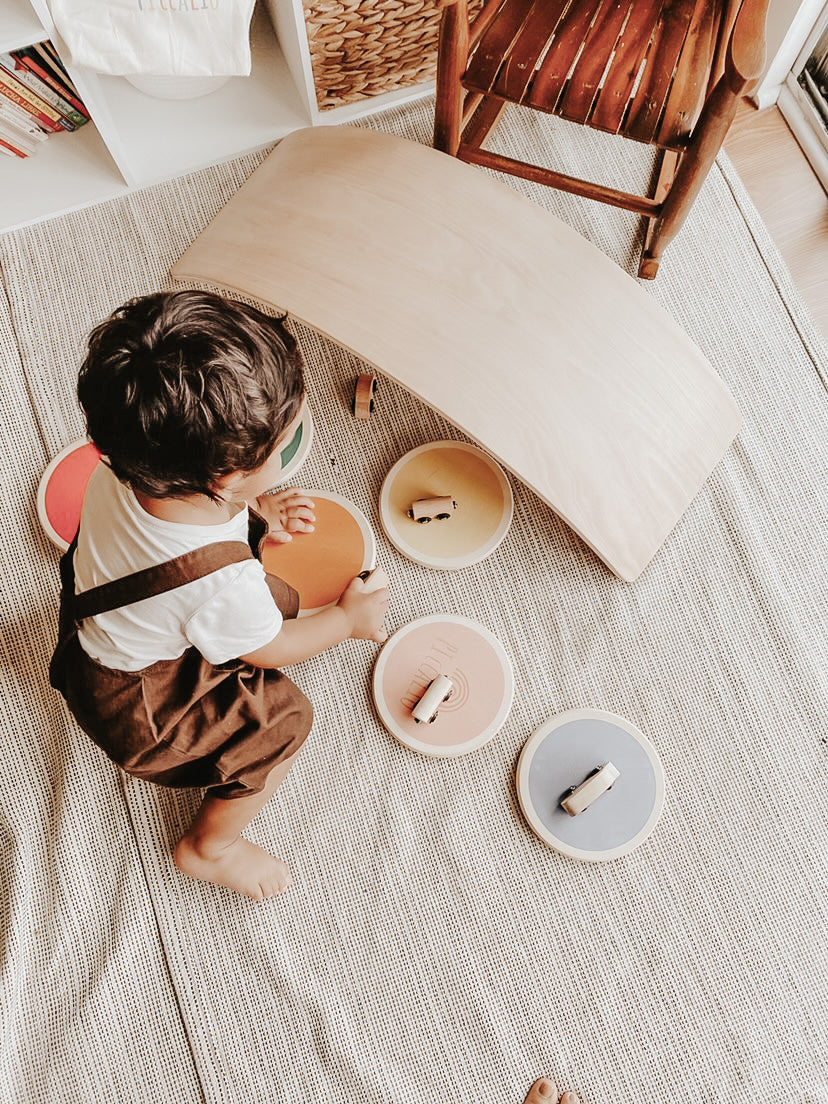
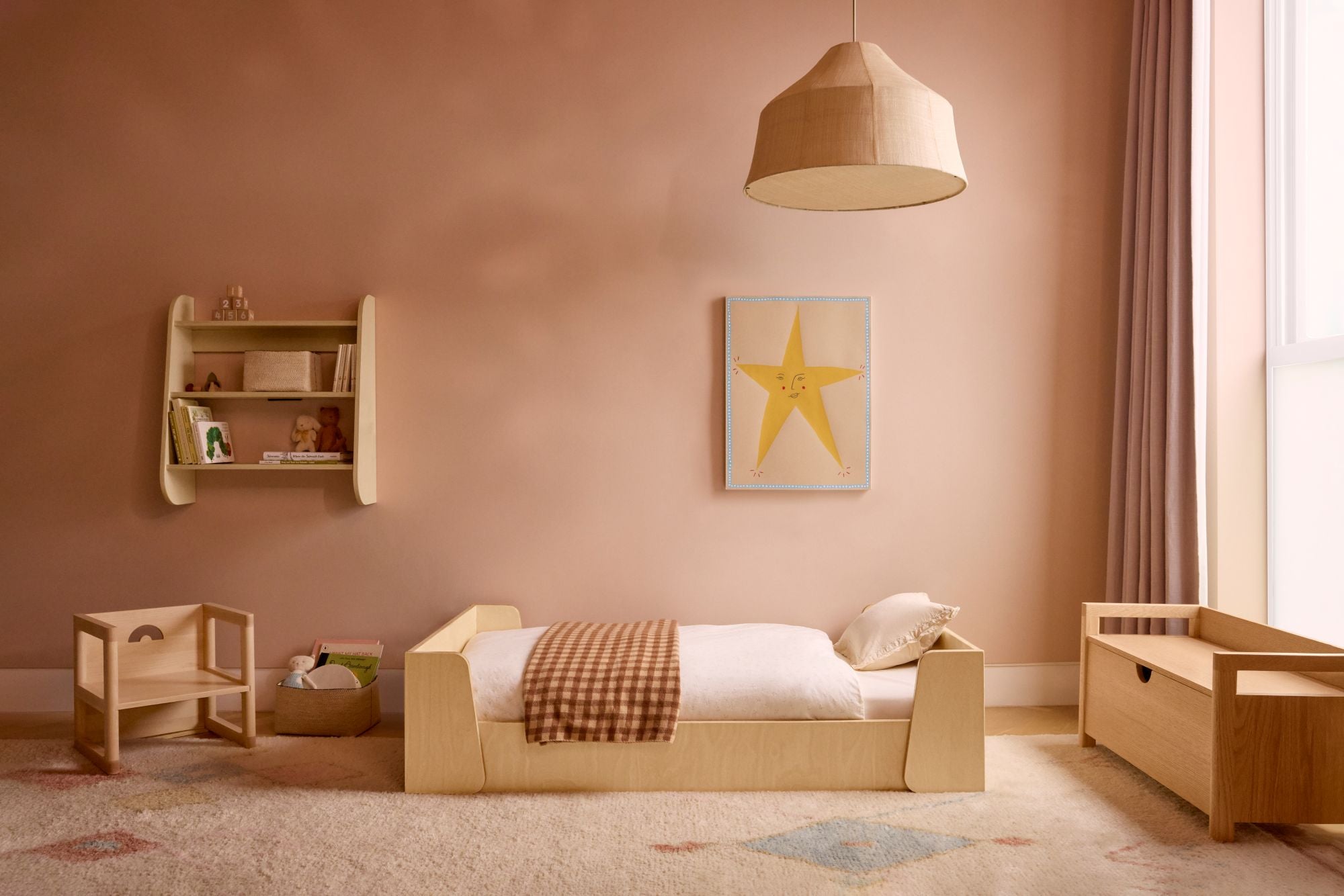
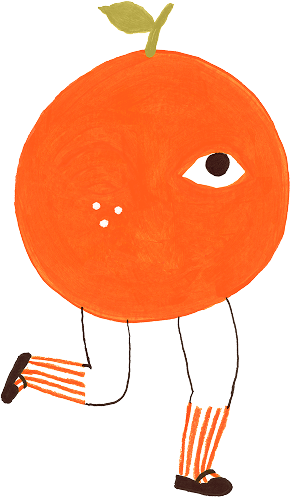
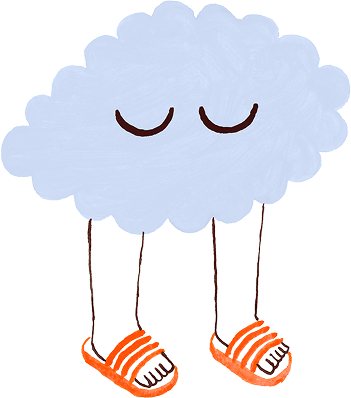
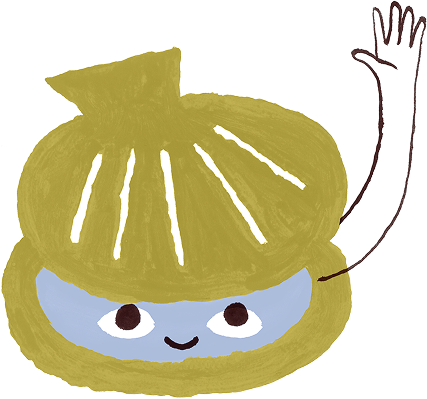
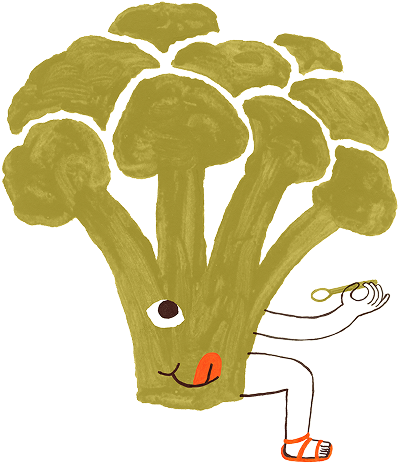
Leave a comment
This site is protected by hCaptcha and the hCaptcha Privacy Policy and Terms of Service apply.